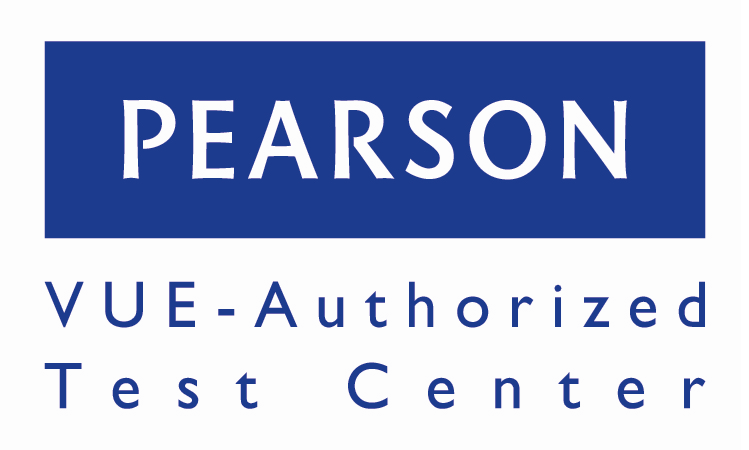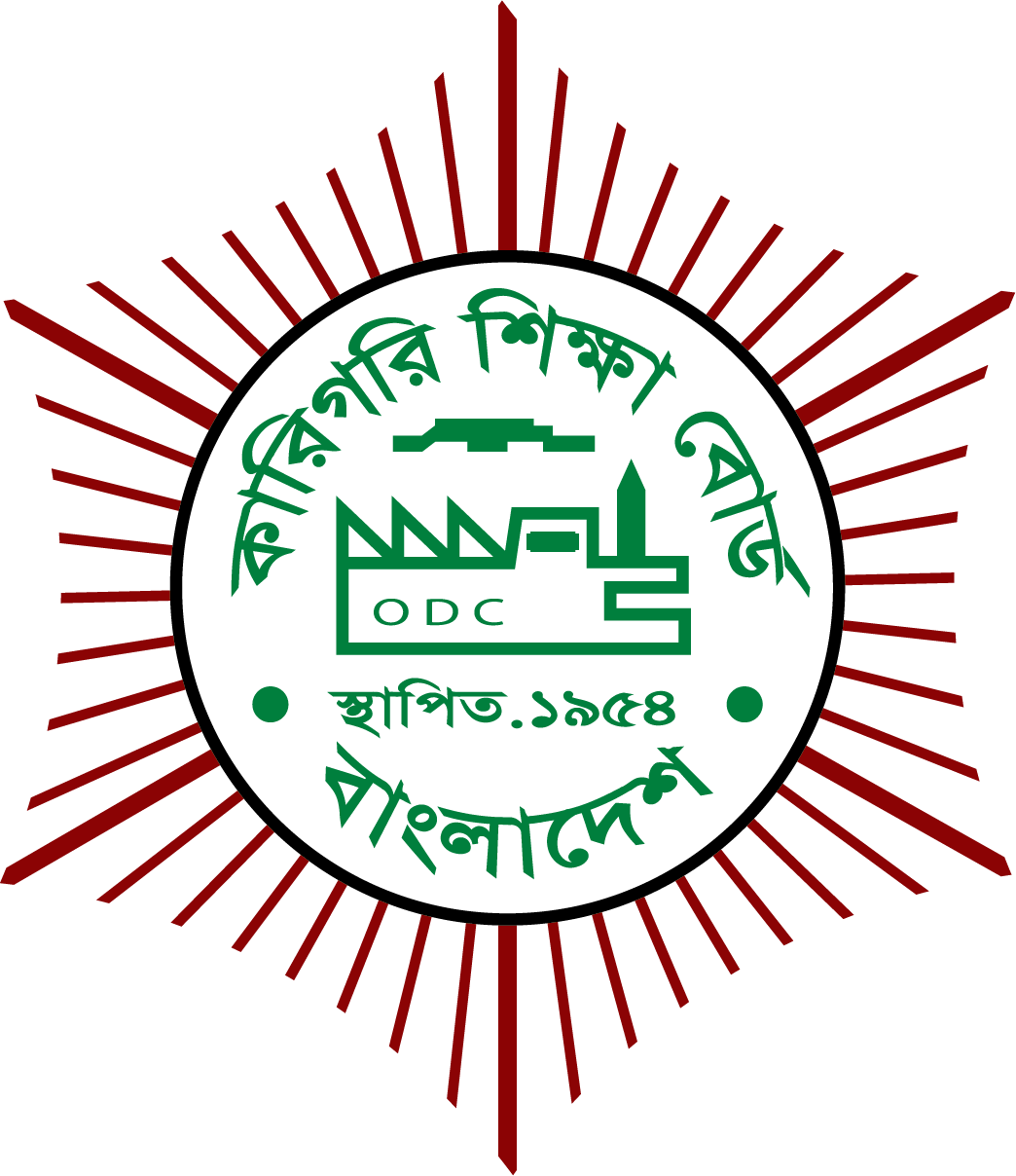Project Description
Programming with C & C++
COURSE PLAN
Overview
As a middle level language, C combines benefits of both low machine level languages and high level developer friendly languages. Further, it is fast, structured, portable and has a rich library. These features make C a general purpose programming language, and hence, it finds application across every domain in programming world.
A super set of C, C++ is an object-oriented programming language and incorporates all the features offered by C. C++ started its journey as C with classes. C, C++ holds its own as one of the most widely used languages for scripting. In applications, C++ is ubiquitous.





